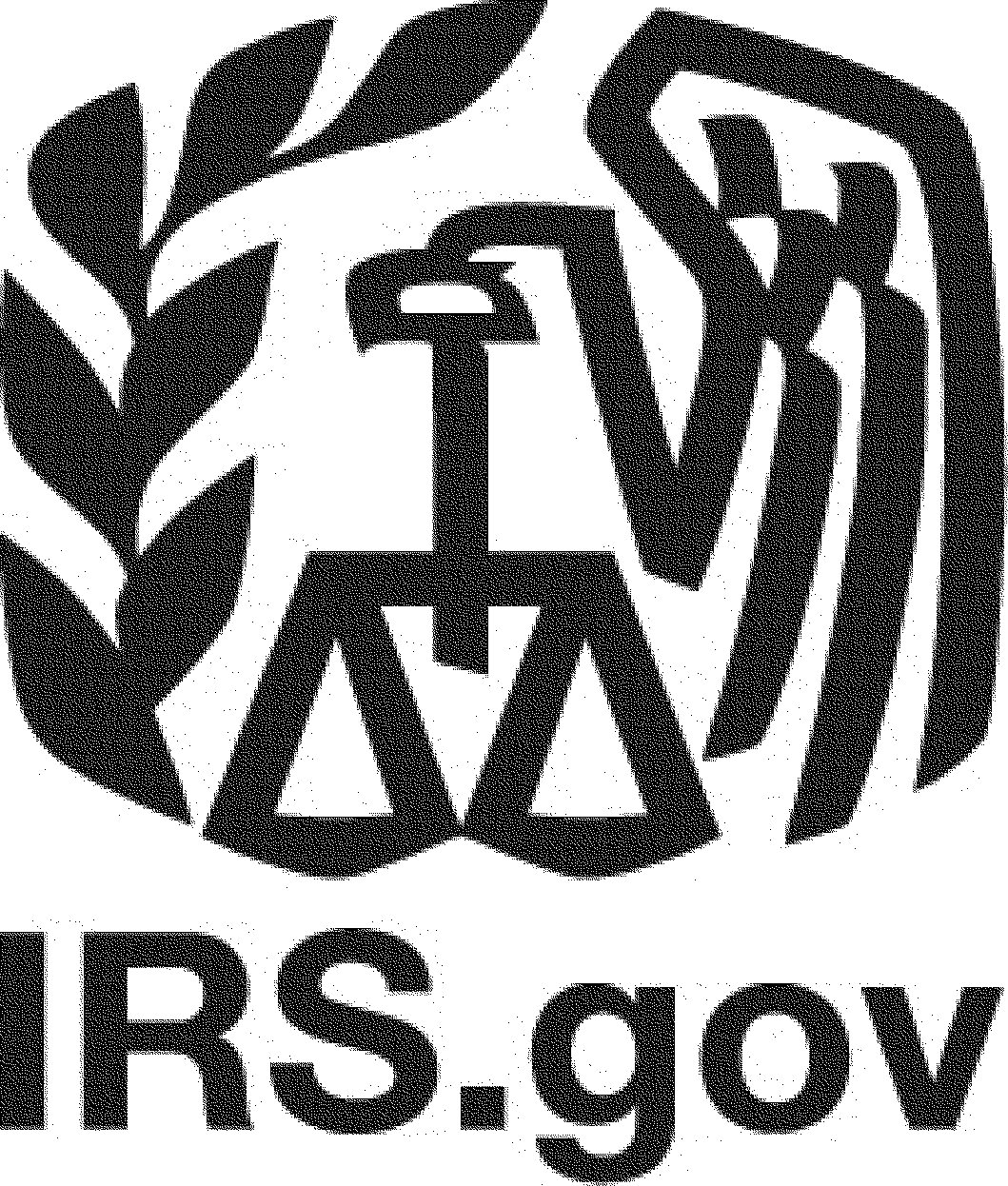
Resources
Preparation of your paperwork is not only a good practice but it can save you time and money as well.
Do you know what you need to do your tax returns? Are you registered with the State and Federal agencies correctly, whether it's your business or you personally? These resources will help you get organized and current with the information and forms you need when monitoring your financial status.
Fun Ways to Teach your
Kids about Money
Developing healthy money habits teaching your kids the benefit of saving and delayed gratification is a very important part of financial security. The main concept of putting aside a want now so that we have something for later will lay a great foundation for your child to build on.

Family Budget Fact Sheet
EPI’s Family Budget Calculator measures the income a family needs in order to attain a modest yet adequate standard of living. Compared with the federal poverty line and the Supplemental Poverty Measure, EPI’s family budgets provide a more accurate and complete measure of economic security in America. These fact sheets offer a full picture of the cost of living in each county and metro area in the United States.
Before you begin to prepare your income tax return, go through the following checklist and make sure you have that information available.
Personal Information
This information tells the IRS exactly who’s filing, who is covered in your tax return, and where to deposit your tax refund.
-
Social Security numbers and dates of birth for you, your spouse, your dependents
-
Copies of last year’s tax return for you and your spouse (helpful, but not required)
-
Bank account number and routing number, if depositing your refund directly into your account
Information about your Income
-
W-2 forms for you and your spouse
-
1099-MISC forms for you and your spouse (for any independent contractor work)
-
1099-G forms for unemployment income, or state or local tax refunds SSA-
-
1099 for Social Security benefits received
-
1099-R, Form 8606 for payments/distributions from IRAs or retirement plans
-
1099-INT, -DIV, -B, or K-1s for investment or interest income
-
1099-S forms for income from sale of a property
-
Alimony received
-
Business or farming income - profit/loss statement, capital equipment information
-
Rental property income and expenses: profit/loss statement, suspended loss information
-
Prior year installment sale information - Forms 6252, principal and interest collected during the year, SSN and address for payer
-
Miscellaneous income: jury duty, gambling winnings, Medical Savings Account, scholarships, etc.
Adjustments to your Income
This following items can help reduce the amount of your income that is taxed, which can increase your tax refund, or lower the amount you owe.
-
Form 1098-E for student loan interest paid (or loan statements for student loans)
-
Form 1098-T for tuition paid (or receipts/canceled checks for tuition paid for post-high school)
-
For teachers: Canceled checks or receipts for expenses paid for classroom supplies, etc.
-
Records of IRA contributions made during the year
-
Receipts for any qualifying energy-efficient home improvements (solar, windows, etc.)
-
Records of Medical Savings Account (MSA) contributions
-
Self-employed health insurance payment records
-
Records of moving expenses
-
Alimony paid
-
Keogh, SEP, SIMPLE, and other self-employed pension plans
If You Itemize Your Deductions
Deductions & Credits
The government offers a number of deductions and credits to help lower the tax burden on individuals, which means more money in your pocket.
You’ll need the following documentation to make sure you get all the deductions and credits you deserve:
-
Child care costs: provider’s name, address, tax ID, and amount paid
-
Education costs: Form 1098-T, education expenses
-
Adoption costs: SSN of child; records of legal, medical and transportation costs
-
Forms 1098: Mortgage interest, private mortgage insurance (PMI), and points you paid
-
Investment interest expenses
-
Charitable donations: cash amounts, official charity receipts, canceled checks; value of donated property; miles driven and out-of-pocket expenses
-
Medical and dental expense records
-
Casualty and theft losses: amount of damage, insurance reimbursements
-
Records/amounts of other miscellaneous tax deductions: union dues; unreimbursed employee expenses (uniforms, supplies, seminars, continuing education, publications, travel, etc.)
-
Records of home business expenses, home size/office size, home expenses
-
Rental property income/expenses: profit/loss statement, rental property suspended loss information
Taxes You've Paid
-
State and local income taxes paid
-
Real estate taxes paid
-
Personal property taxes
-
Vehicle license fees based on value of vehicle
Other Information
-
Estimated tax payments made during the year (self-employed)
-
Prior-year refund applied to current year and/or any amount paid with an extension to file
-
Foreign bank account information: location, name of bank, account number, peak value of account during the year








